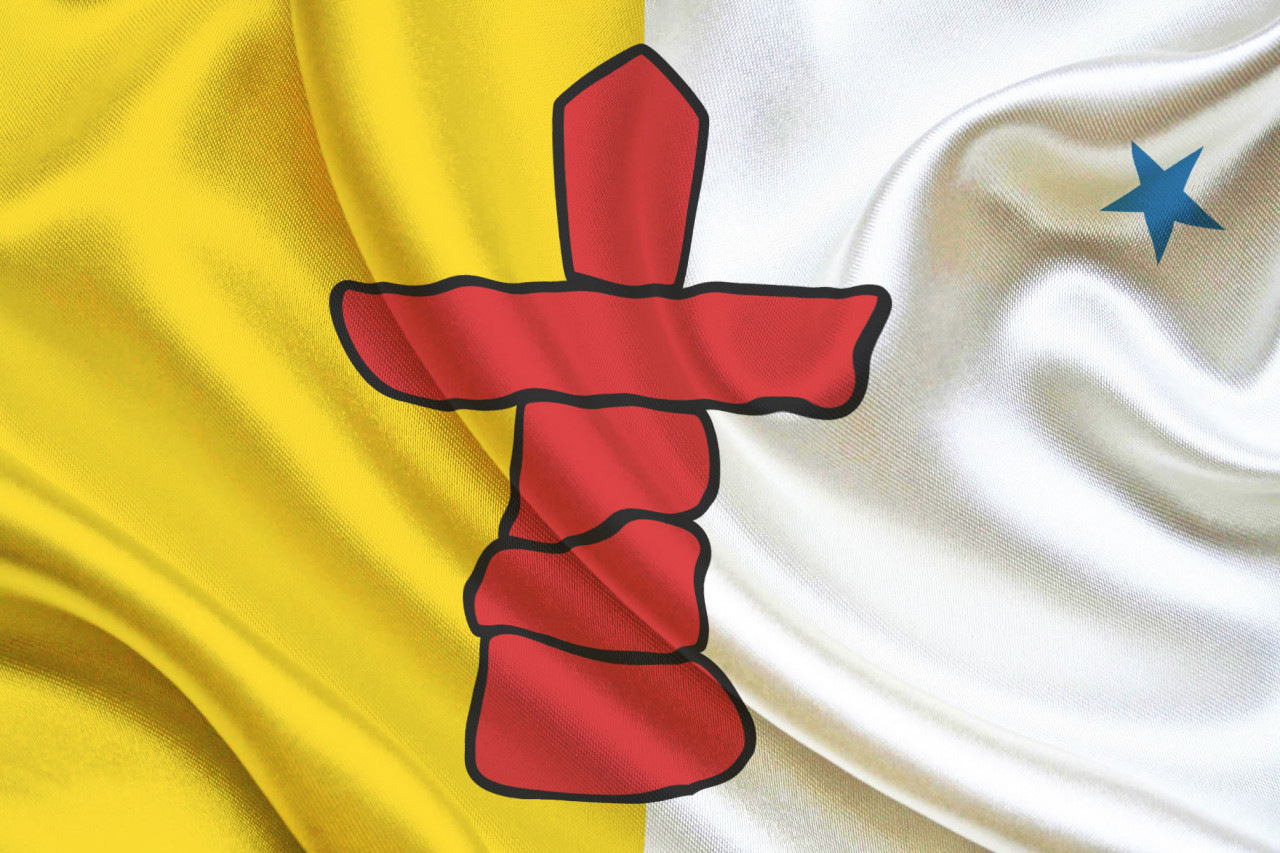Nunavut Day in 2025

Marks the passing of the Nunavut Act in 1993, which paved the way for the creation of the territory of Nunavut in 1999
When is Nunavut Day?
| Year | Dates |
|---|---|
| 2026 | |
| 2025 | |
| 2024 |
When is Nunavut Day?
Nunavut Day is celebrated as a regional statutory holiday in Nunavut, Canada each year on July 9th.
From 2020, Nunavut Day will be a statutory holiday in the territory, meaning employees in industries regulated by the territory will be eligible for a day off with pay. That can include those working for Nunavut-owned businesses, grocery stores and construction, according to a Nunavut government press release sent Tuesday. Previously, the July 9th holiday only applied to government of Nunavut employees.
Nunavut Day celebrates Nunavut as a distinct and unique territory in Canada. Every year, Nunavummiut mark and celebrate the coming into force of the 1993 Nunavut Land Claims Agreement Act, one of the key steps in the creation of Nunavut.
The day honours the rich culture, heritage, and contributions of the Inuit people who call Nunavut home. It is an opportunity to showcase the breathtaking Arctic landscapes, unique wildlife, and the resilience of the Inuit communities. Nunavut Day also serves as a reminder of the ongoing efforts to preserve and protect the Inuit way of life and to foster understanding and respect for Indigenous cultures in Canada.
History of Nunavut Day
The territory of Nunavut is the largest in area and also the second-least populated of Canada's provinces and territories.
Comprising most of the Canadian Arctic Archipelago, about one-fifth of the total landmass of Canada, Nunavut is the size of Western Europe. Nunavut means "our land" in the native language Inuktitut (the mother tongue of 70% of Nunavummiut), with Inuits comprising the majority of Nunavut's population (around 36,000).
Did you know?
Nunavut is home to the world's northernmost permanently inhabited place, Alert.
Until 1999, the region was part of Canada's Northwest Territories. Separating out a region for the Inuits had been discussed since the 1950s, but the process had stalled until votes on a division in 1982 and ratified by a referendum in 1993, led to the Canadian government passing the Nunavut Land Claims Agreement Act and the Nunavut Act on July 9th 1993, which established the boundaries of Nunavut.
The official separation from the Northwest Territories took place on April 1st 1999.
In November 2019, Nunavut Day was made a statutory holiday when members of Nunavut’s legislative assembly voted to pass Bill 29, An Act to amend the Labour Standards Act and the Interpretation Act in Respect to Nunavut Day, through third reading in the legislature.
"Nunavut Day marks a significant milestone for Nunavut and our territory. We should not force businesses to choose between requiring employees to work on Nunavut Day or absorbing the cost of an additional holiday in the event our government were to establish another general holiday," Jeannie Ehaloak, Minister of Justice, said in the legislature as the act was amended.
Before then, Nunavut Day was a holiday under the Public Service Act, which means the holiday only applied to the Government of Nunavut employees.
The holiday does not apply to federal employees who live and work in Nunavut. Employees of the Government of Canada and other employees in Federally Regulated Industries such as banks and airlines are subject to the Federal Holidays Act and the Canada Labour Code regarding holidays, which does not include Nunavut Day.
